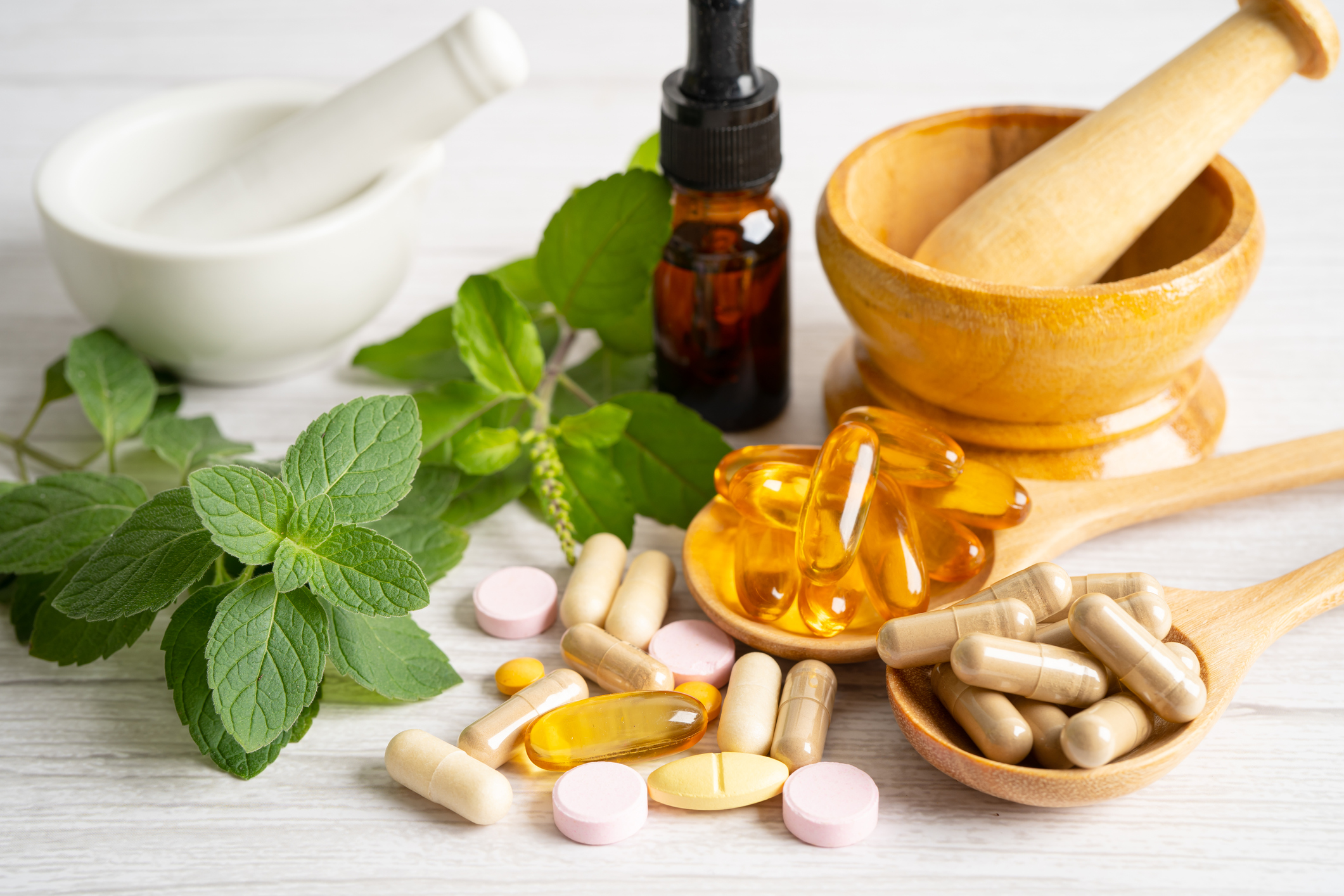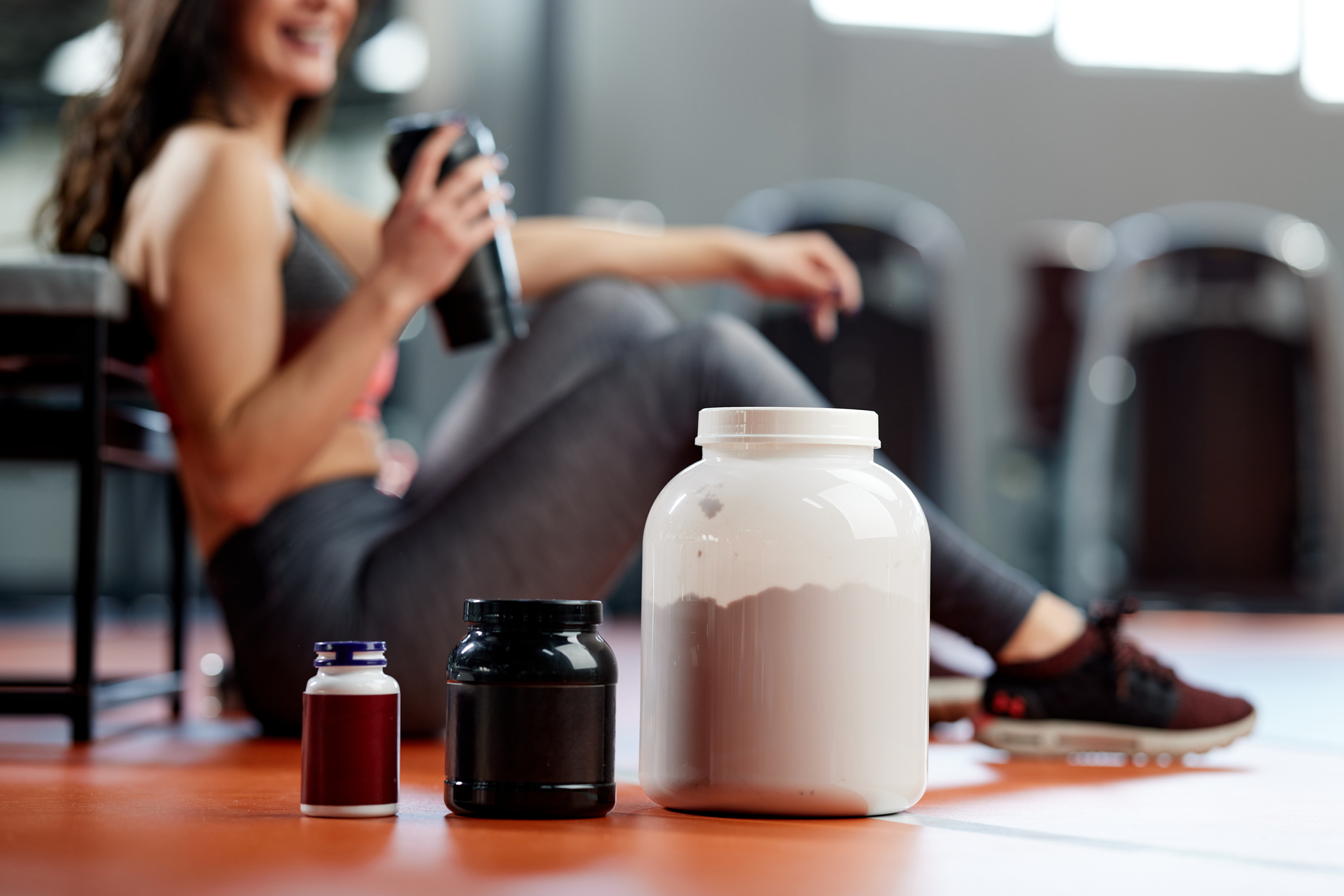- solen.sk - Use, attitudes and knowledge of the general public in Slovakia about dietary supplements; MVDr. Tatiana Kimáková, PhD. , Lenka Hrnková, PharmDr. Zuzana Koblišková
- slov-lex.sk - Act No. 362/2011 Coll. - Act of 13 September 2011 on Medicinal Products and Medical Devices and on Amendments and Additions to Certain Acts; Temporary version of the regulation effective from 01.01.2023 to 30.01.2025
- slov-lex.sk - Act No. 152/1995 Coll. - Act of 27 June 1995 on foodstuffs; Temporary version of the regulation effective from 21.07.2022
- uvzsr.sk - Office of Public Health of the Slovak Republic; Nutritional (food) supplements
- uvzsr.sk - Decree of the Ministry of Agriculture of the Slovak Republic and the Ministry of Health of the Slovak Republic of 25 July 2007 No. 16826/2007-OL, which issues the title of the Food Code of the Slovak Republic regulating the requirements for food for special nutritional purposes and for food supplements
- solen.sk - Medicines available without prescription and their use in pregnancy; Anna Oleárová, PhD., MPH, MUDr. Anna Poizlová
- svps.sk - Food Code of the Slovak Republic (updated to 04.08.2021)
Dietary supplements: what are they, how and how do they differ from medicines?

Dietary supplements. Many of us take them. But do we know what they are? We buy them in the pharmacy just like medicines. But do we know what medicines and dietary supplements have in common? And how do they differ?
Article content
In the pharmacy we can buy medicines, medicinal products and food supplements.
Dietary supplements for athletes and weight loss are particularly popular, as well as for improving male fitness. Women seek them out, for example, for hair health. There are also products for the elderly, for joints, or for children and immunity in general.
But do we know that their nature is different from that of drugs/medicines? And what do we need to look out for?
Medicines and medicinal products are divided into categories
The division of medicines and medicinal products into two categories.
Categories:
- Prescription - Prescribed by a doctor (GP or specialist). The pharmacy will give them to you on prescription.
- Nowadays, so-called electronic prescriptions are more widely used. Paper prescriptions are now mostly rare.
- Prescription medicines can only be dispensed by a university-educated person - a Master of Pharmacy or Doctor of Pharmacy.
- Over-the-counter medicines (also known as OTC) are medicines that you can buy without a prescription.
However, dietary supplements can also be purchased at the pharmacy.
This is where the problem often arises. People very often and very easily confuse OTC medicines with dietary supplements and vice versa.
No wonder.
Dietary supplements are similar in form to medicines.
They can take the form of:
- tablets
- capsules
- lozenges
- powder - most often packaged in single doses, especially in sachets
- liquid, taken either as drops or in another form
- or ampoules with a liquid content
These forms are chosen so that they can be taken in single doses. And they can also be bought in pharmacies just like medicines.

Unfortunately, this is where their similarity to medicines begins and ends.
Although it may not seem like it, dietary supplements and medications actually don't have much in common.
What exactly are these dietary supplements? And how do we know if they are a medicine or not?
Dietary supplements are defined as foods that:
- are intended to supplement the natural (normal) diet
- are concentrated sources of nutrients, such as:
- vitamins
- minerals
- trace elements
- amino acids
- fatty acids
They may also be preparations containing:
- fibre
- plant extracts
- or other substances having an effect
- nutritional
- or physiological effect
Food supplements containing the following substances
- separately
- or in combination with each other
Minimum quantity
Theamount of active substances should be at least 15 % of the recommended daily dose.
This content must be indicated:
- in 100 g of the product
- or in 100 ml of the product
- or in one portion of the product
Maximum quantity
The maximum permitted amounts are usually the maximum safe daily amounts of minerals and vitamins. Of course, the fact that vitamins and minerals are also taken in from the diet must also be taken into account.
Dietary supplements should not claim or give the impression that a varied diet does not provide sufficient nutrients.
Vitamins and minerals often used in the manufacture of food supplements
| Vitamins | Minerals |
| Vitamin A (μg RE) | Calcium (mg) |
| Vitamin D (μg RE) | Magnesium (mg) |
| Vitamin E (mg α- TE) | Iron (mg) |
| Vitamin K (μg)) | Copper (μg) |
| Vitamin B1 (mg) | Iodine (μg) |
| Vitamin B2 (mg) | Zinc (mg) |
| Niacin (mg NE) | Manganese (mg) |
| Pantothenic acid (mg) | Sodium (mg) |
| Vitamin B6 (mg) | Potassium (mg) |
| Folic acid (μg) | Selenium (μg) |
| Vitamin B12 (μg) | Chromium (μg) |
| Biotin (μg) | Molybdenum (μg) |
| Vitamin C (mg) | Fluoride (mg) |
| - | Chloride (mg) |
| - | Phosphorus (mg) |
| - | boron (mg) |
| - | silicon (mg) |
Vitamins and minerals can be in dietary supplements in various forms.
Recommended daily allowance of vitamins and minerals in food supplements
| Substance | Unit | Amount |
| Vitamin A | µg | 800 |
| Vitamin D | µg | 5 |
| Vitamin E | mg | 12 |
| Vitamin K | μg | 75 |
| Vitamin C | mg | 80 |
| Vitamin B1 (thiamine) | mg | 1,1 |
| Vitamin B2 (riboflavin) | mg | 1,4 |
| Niacin | mg | 16 |
| Vitamin B6 | mg | 1,4 |
| Folic acid | μg | 200 |
| Vitamin B12 | μg | 2,5 |
| Biotin | μg | 50 |
| Pantothenic acid | mg | 6 |
| Potassium | mg | 2000 |
| Chloride | mg | 800 |
| Calcium | mg | 800 |
| Phosphorus | mg | 700 |
| Iron | mg | 14 |
| Magnesium | mg | 375 |
| Zinc | mg | 10 |
| Copper | mg | 1 |
| Manganese | mg | 2 |
| Fluoride | mg | 3,5 |
| Selenium | μg | 55 |
| Chromium | μg | 40 |
| Molybdenum | μg | 50 |
| Iodine | μg | 150 |
Dietary supplements can contain a wide range of vitamins, minerals and other active substances.

A questionnaire study shows that more than 60% of people take food supplements. Most people buy food supplements from a pharmacy.
It is striking, however, that almost 80% of users of dietary supplements do not consult a doctor or other specialist. This is mainly because they consider them to be safe, and also because they rely on information from the internet or from friends.
And this is where the problem arises.
Because patients are not sufficiently informed about the importance but also the appropriateness of their use.
So they may not be fully aware of all the risks associated with dietary supplements, which makes it all the more risky, for example, for patients with serious illnesses or for pregnant or breastfeeding women.
It is perhaps not surprising that the most common dietary supplements are those containing vitamins, with vitamin C and B-complex taking the top spots.
Among the dietary supplements containing minerals and trace elements are those containing magnesium and zinc.
To a greater extent, people are still taking dietary supplements containing probiotics.

Supplements are also popular:
- Omega fatty acids
- gynaecological and urological preparations - containing cranberries or goldenrod
- products for pregnant and breastfeeding women, the most commonly used products in pregnancy include:
- antiemetics - preparations used for nausea and vomiting, usually containing ginger, also available as lollipops or lozenges
- antacids - preparations to reduce stomach acid, dietary supplements containing salts of aluminium, calcium and magnesium
- laxatives - laxative preparations, glycerine suppositories, probiotics, psyllium, lactulose
- anti-diarrhoeal preparations - activated charcoal
- products for flatulence (also known as flatulence) - dietary supplements containing simethicone
- but also various herbal preparations - e.g. cough preparations containing plantain
- last but not least, multivitamin preparations for pregnant women - but experts warn that regular use of these multivitamin supplements leads to higher birth weights for newborns
- or various proteins and food supplements for athletes

Taking dietary supplements has its advantages. Especially if:
- the normal diet does not sufficiently cover the daily requirement of vitamins, minerals or other substances
- there is an increased need for vitamins, minerals and trace elements - for example in the event of illness
However, the problem may be:
- relatively easy availability
- Marketing
- industry pressure
- Legislation
- and lack of awareness
Therefore, they are often used in the wrong indications, without knowledge of the risks and benefits.
Interesting resources










